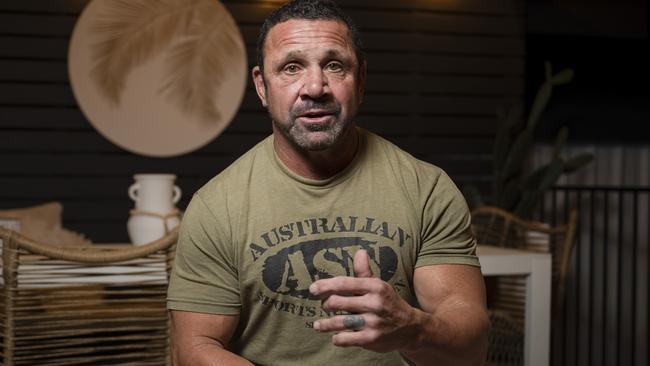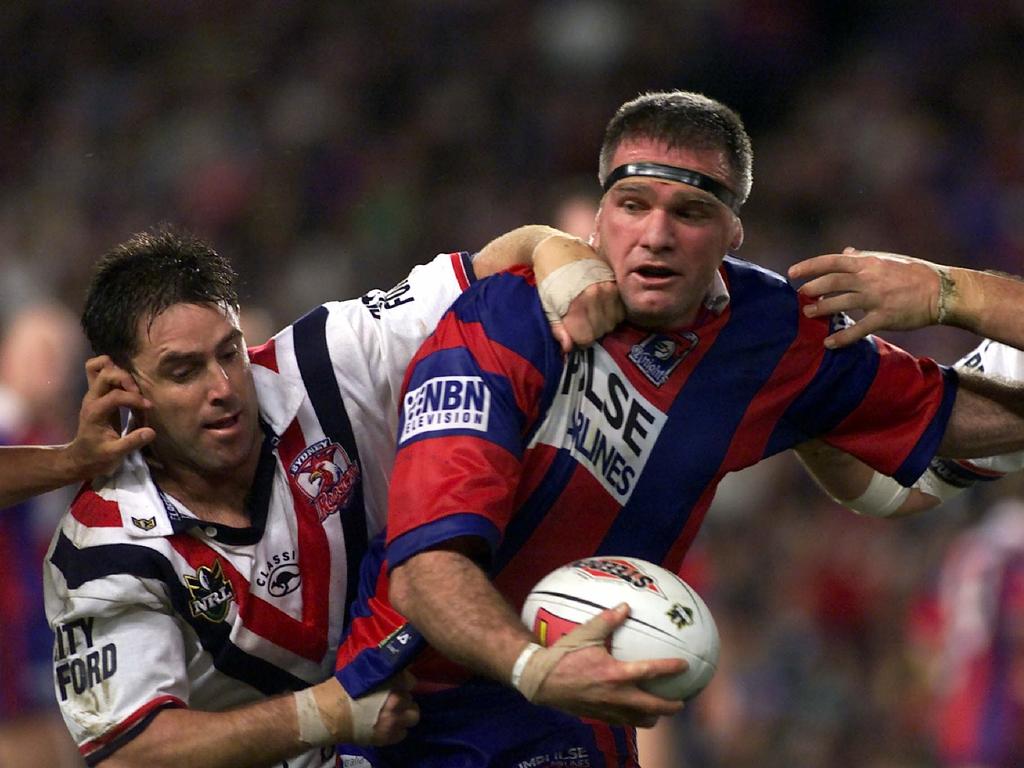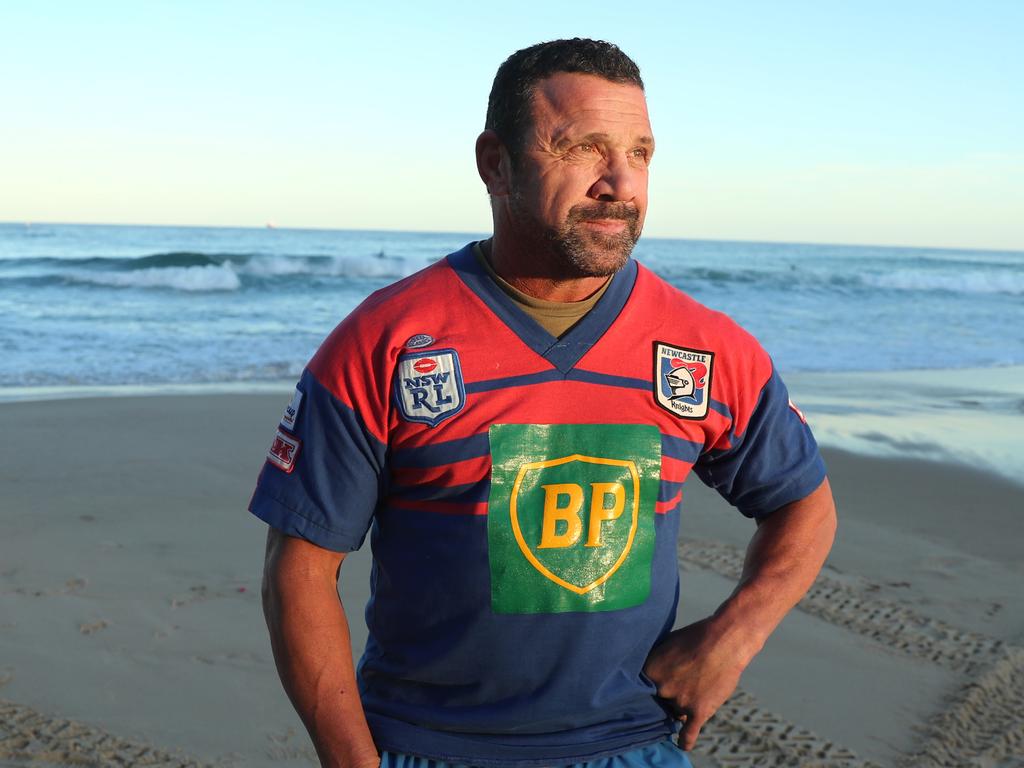‘What’s the point of doing it if it’s not made public?’
The rugby league commission will investigate allegations players and families were not told of brain injuries while taking part in a concussion study.

The Australian Rugby League Commission has announced an investigation into allegations the NRL’s concussion study has failed to adhere to tough ethical standards for human research.
The Weekend Australian exclusively reported the allegations of former Newcastle Knights great Robbie O’Davis, who alleged he was not told he had brain damage by the researchers in 2018.
It has also been alleged NRL concussion experts Andrew Gardner and neurologist Chris Levi failed to tell the families of two other retired champions they had been diagnosed with dementia during the research.
Following a six-hour commission meeting, which discussed the game’s issues, including the allegations raised by The Weekend Australian, the NRL announced a “sub-committee” had been formed to look into the complaints of families and footballers.
“A sub-committee of the commission has been tasked with looking into the allegations and will make any relevant recommendations to the commission,” an NRL spokesman said. The Australian sought to clarify who would be on the sub-committee, when it would report, and whether that report would be made public.
“This is a board-in-confidence process, and until the matter is finalised, no further comment will be made,” the NRL spokesman said.
Sydney University has yet to publicly confirm whether it is investigating the NRL study against its high-profile academic, Dr Gardner.
Jordan Glanville, the daughter of former Knights great Marc Glanville, called on the ARLC to publicly release the investigation, declaring the commission could not be held accountable if it did not. “What’s the point of doing it if it’s not made public?” Ms Glanville said. “How are we to know whether what they found is good or not so good?”
O’Davis’s wife Louise described the announcement as a “win”. “I am so happy to hear that,” she said. “ We have had a little win even though the report may not be made public.”
Ms O’Davis said that she and her husband had begun to feel disheartened at no response from the NRL, and had begun questioning the wisdom of their decision to make their story public.
Robbie O’Davis, a Clive Churchill medallist, Queensland and Kangaroos player, told The Australian the announcement was “amazing”.
“I think we have made some major advances towards an outcome; it is so satisfying,” he said via text from Suncorp Stadium on Wednesday. “I’m smiling now and need a second victory lap in an hour’s time. Up the Maroons!”
The NRL study was promoted as not just as a research program, but also to help former players.
Dr Gardner said his study would “allow us to identify problems and immediately refer former players for treatment”.
But the families have argued otherwise.
Sandra Crow, whose husband, former St George lock Trevor Crow, was part of the NRL study and told how she “chased down” his brain scan result, said she hoped the investigation brought change to the way ex-footballers were cared for in retirement.
“I feel that it’s essential they look into the NRL study, due to the allegations of negligence of not informing families (of dementia and brain injury),” Ms Crow said. “I mean, I had to chase Trevor’s results, and we got them, but others did not.
“We want more support – we don’t want more studies. I do believe they need a database to know who they need to support.”
Echoing that concern, Sheree Miller, whose husband Glenn Miller was diagnosed with Alzhemier’s disease as part of the NRL study but didn’t learn of his result for three years, said she would like to know how many former first-grade players had dementia, and what the ARLC was going to do for the families. “That’s what I would like,” Ms Miller said.






To join the conversation, please log in. Don't have an account? Register
Join the conversation, you are commenting as Logout